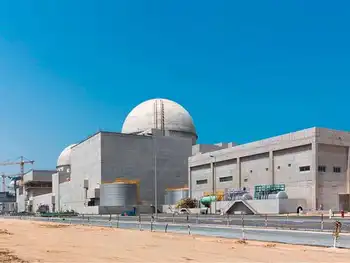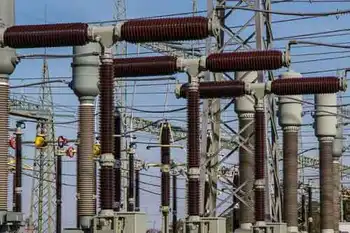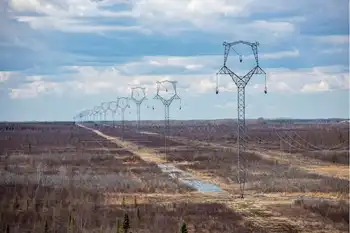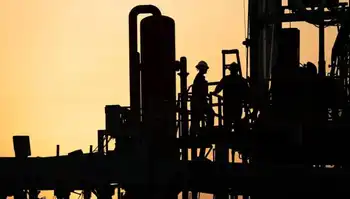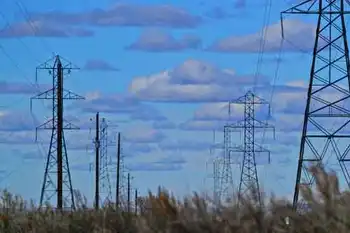UK's Sellafield admits reprocessing leaks
By Industrial Info Resources
CSA Z463 Electrical Maintenance -
Our customized live online or in‑person group training can be delivered to your staff at your location.

- Live Online
- 6 hours Instructor-led
- Group Training Available
The company said it had detected a rise in radioactivity within one of the three evaporators linking the closed Sellafield nuclear plant to the controversial Thorp (thermal oxide reprocessing plant) and Magnox reprocessing plants.
The fault was discovered on a routine check and the plant was shut down while further tests were conducted. The evaporators are used to condense radioactive liquid for the Thorp facility, which reprocesses spent nuclear fuel. There have been numerous problems with the three evaporators in recent years and although a new system is being constructed, it is understood to be about two years behind schedule.
A spokeswoman for Sellafield said: "During routine operations within one of the evaporators, the plant's in-built detection system identified a slight rise in activity levels. Plant operators acted quickly to shut down the plant in a safe and controlled manner. We are now working to complete our investigations and undertaking any necessary remedial work."
The Thorp plant was shut down for years in 2005 when operators discovered the leakage of 20 tonnes of plutonium and uranium dissolved in nitric acid. In 2006, Sellafield was fined $680,000 over the incident.
The problem has been compounded by two other embarrassing incidents lately, including a board of inquiry finding that a leak at Sellafield, reported in January 2009, had gone undiscovered for 14 months. The so-called "steady drip" condensate came from a line connected to an overhead ventilation duct serving the Magnox reprocessing plant, creating a 2-metre square pool on a concrete slab floor. It was found to contain low levels of radioactive waste and work stopped for a day. Because of the length of time that the drip had gone undiscovered, the "drip" has been upgraded from Level 1 (anomaly) to Level 2 (incident) on the International Nuclear Event Scale.
Just a few weeks ago, Nuclear Management Partners (NMP), which runs Sellafield, admitted that it cannot find two containers of highly radioactive material. NMP said that the canisters, which can only be moved by robots, are probably still on site.
The UK is forging ahead with plans to build up to four new nuclear plants. A recent online auction for three potential sites caused a bidding war to break out and saw the final price tag hit $577 million. EDF Energy, the UK division of French utility Electricite de France SA, just recently announced plans to sell another potential nuclear site near existing nuclear facilities in Heysham, Lancashire or Dungeness in southeast Kent.





